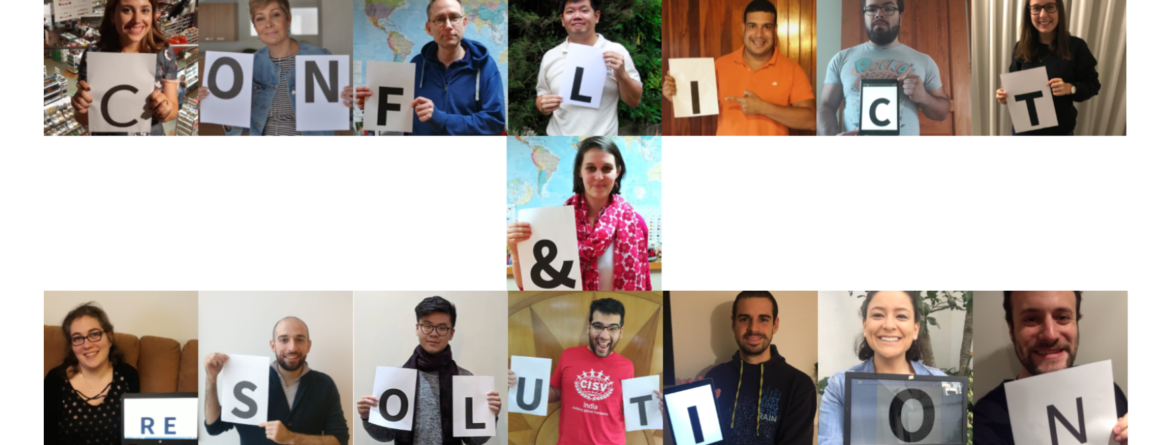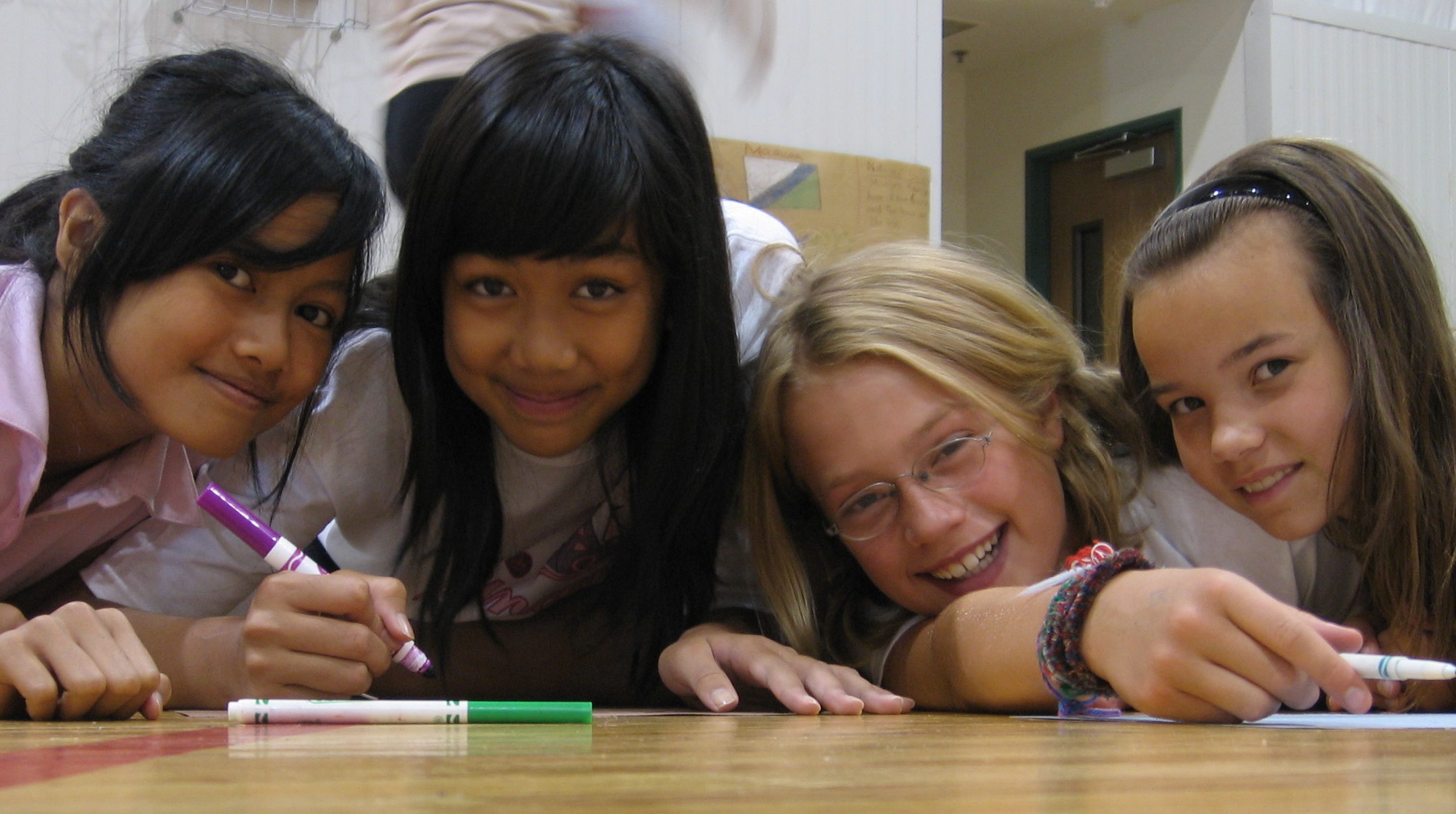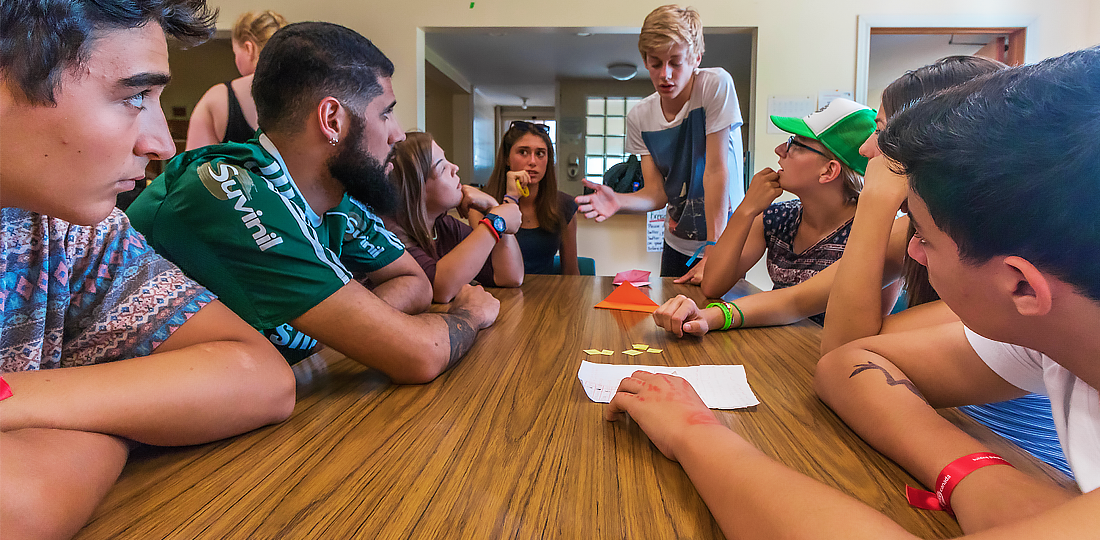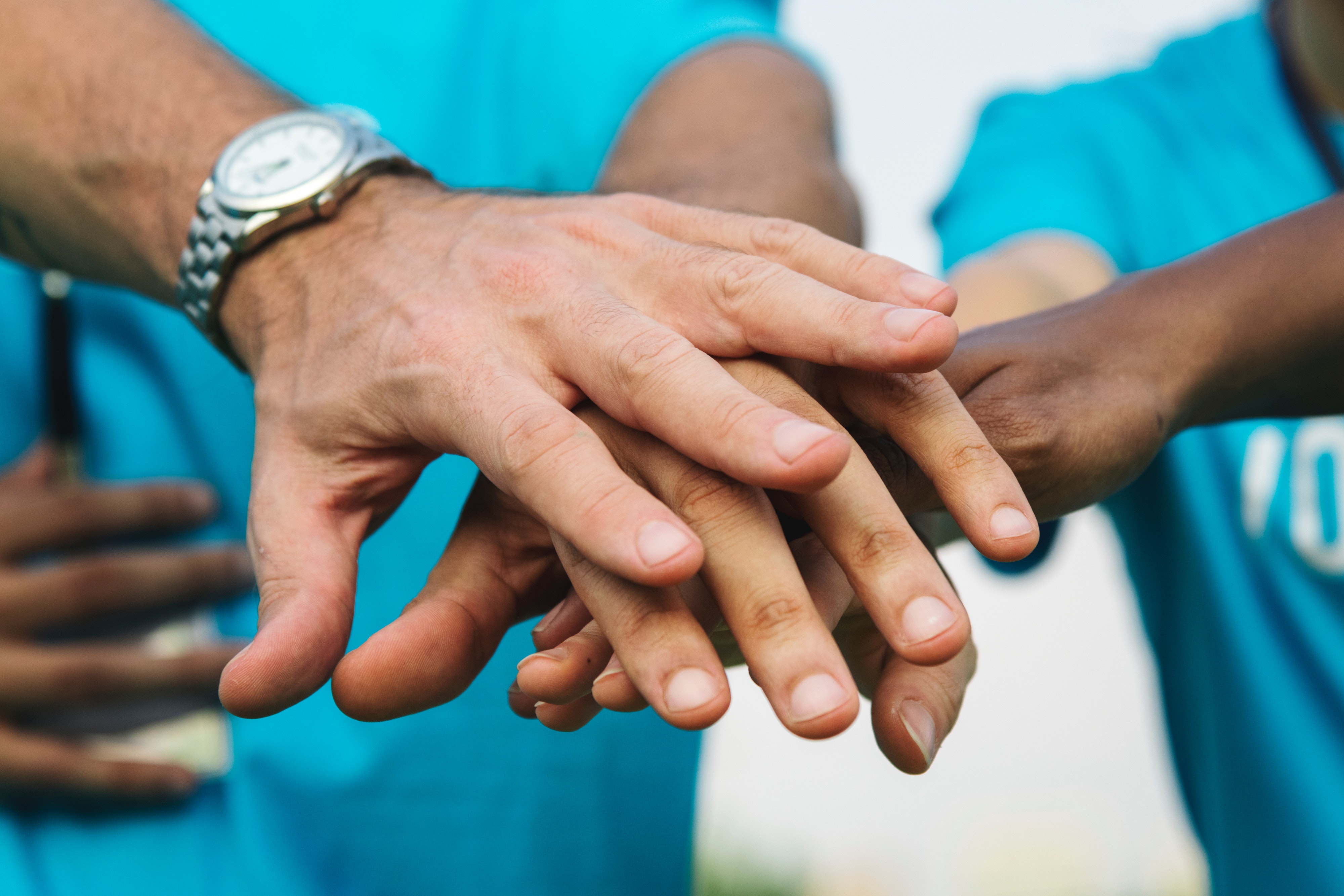Introducing Conflict and Resolution
Introducing Conflict and Resolution: Our 2019 Content Area
January 25, 2019
Conflict Resolution and Culture in the CISV World
February 22, 2019Hello and welcome to 2019!
We are the Annual Content Area Working Group and we are very excited to be working to create and share materials and resources that, hopefully, will help CISVers around the world to explore our content area of the year, Conflict and Resolution. Our aim is that these resources can enhance discussions and inspire ideas around the topic, and at the same time create awareness about Conflict and Resolution in our daily environments
But why do we talk about Conflict and Resolution as a peace education content area?
Conflict is all around us, from an individual or interpersonal level to a society or world level. A conflict is defined as a clash, a disagreement of ideas, opinions, and interests. It is not necessarily negative or something we want to avoid.
On one hand, we have destructive conflicts which produce negative outcomes, making it hard to learn something from them. That is the case when conflicts escalate to a violent response, whether physical, verbal, or psychological, in which the parties involved have losses and damage their relationship. On the other hand, conflicts where the parties involved have an open mindset encourage discussion in which every person can express their opinions, and be listened to with respect. These conflicts allow us to explore and understand different points of view on different situations and topics, making us more conscious and giving us a bigger capacity to comprehend the motivations behind the actions of different individuals.
As active global citizens, we aim to find non-violent, constructive approaches to conflict. Well, that is easier said than done, right? This is why we have an entire year dedicated to exploring the concepts and challenges of making a nonviolent approach to conflict real and part of our every step. We are aware that the term ‘Conflict & Resolution’ is very broad and general, which is why we will aim to make the content relevant to our daily lives.
We should accept that we will engage in conflicts no matter what we do. Therefore, it is important to learn to identify our part in a conflict and how we are going to handle it. To help you on this journey, we leave a few questions open for reflection. Think of a recent conflict you have been involved in. For example, you had a disagreement with a friend or a relative on how to solve a specific problem, or someone said something that hurt your feelings or even a situation that went wrong because of miscommunication.
Ask yourself:
- When you find yourself in the middle of a conflict, what is your first reaction? What kind of feelings and emotions come to your mind?
- Can you identify the moment when you realized a conflict had started? What was that moment like?
- Who are the people involved in this conflict? What are their interests and feelings?
- When was the conflict considered “solved”?
- Can this particular conflict be prevented in the future? How?
The idea behind this exercise is to reflect on our behaviours in the different stages of a conflict. In our daily lives, everything we say is pretty automatic. It is so inherent to us and our different personalities, that it makes it difficult to be aware of it. But, considering that all of our thoughts, words, and actions have consequences for others, it makes sense to take a step back and make the effort to observe those aspects from a different perspective. In this way, we can get to know ourselves better.
This is just the beginning of an exciting journey! Are you ready?
Follow us on this blog and also on CISV International’s Facebook, Twitter, and Instagram accounts for updates.
If you have an idea about Conflict and Resolution, send us an email.
On behalf of the Conflict and Resolution Team,
Adriana, David, and Hosherdar





3 Comments
Hello Content Area Working Group,
I’m delivering the Essentials of Peace Education training at the RTF in Colombia this April and am wondering if you have an activity on Conflict and Resolution that would be appropriate for my training. Thanks! Sarah
Hello Sarah,
Thank you for your comment. If you send conflict.resolution@cisv.org an email, they will be able to give you some ideas. Good luck with your training!
First of all, congratulations on this for my new stage of CISV. I just turned 50, I was a delegate in Bacolod Philippines, JC in Mexico, seminar camp in Mexico and Xmas Meeting in Mexico, IBM in Mexico as well. Leader in Costa Rica, Norway and Brazil. I studied International Relations at Ibero University and CISV has definitely contributed to all areas of my life to date. And I think that something that I return from CISV in the solution of the conflict is total respect, to situations that go beyond any understanding, even beyond ourselves, our traditions, uses and customs of our family, country and culture.
For people who did not have the opportunity to live a CISV experience in a camp with 12 delegations, it is something completely unknown and that may not reflect the importance of what I am trying to contribute to which I intend to refer. But it is love and deep respect, which leads you to understand the other and feel it to the deepest part of you.
In my adult life, I believe that part of the solution to the conflict must lie in exploring the nature of the conflict. We all know that conflicts always start with a reason that often is not important, but those non-important things have even historically ended in wars. Then a question has born: what was the nature of the conflict? and depending on it will be which position I am going to take in the face of the conflict, there will be situations in which I have to intervene in one way or another for its solution, and there will be situations in which it is not something that I have to do. Doing a bit of research into the conflict, I discover the roll that I assume or the roll that others want me to assume. If I am constantly in conflict, it is may be because I have not realized that I am a great negotiator and I have the capacity to resolve. And endless interpretations that we can find.
But that’s where the magic of CISV comes in, stamp the present with an act, dare to make our dream a fact. If we fully educate our children in love and respect is easy.